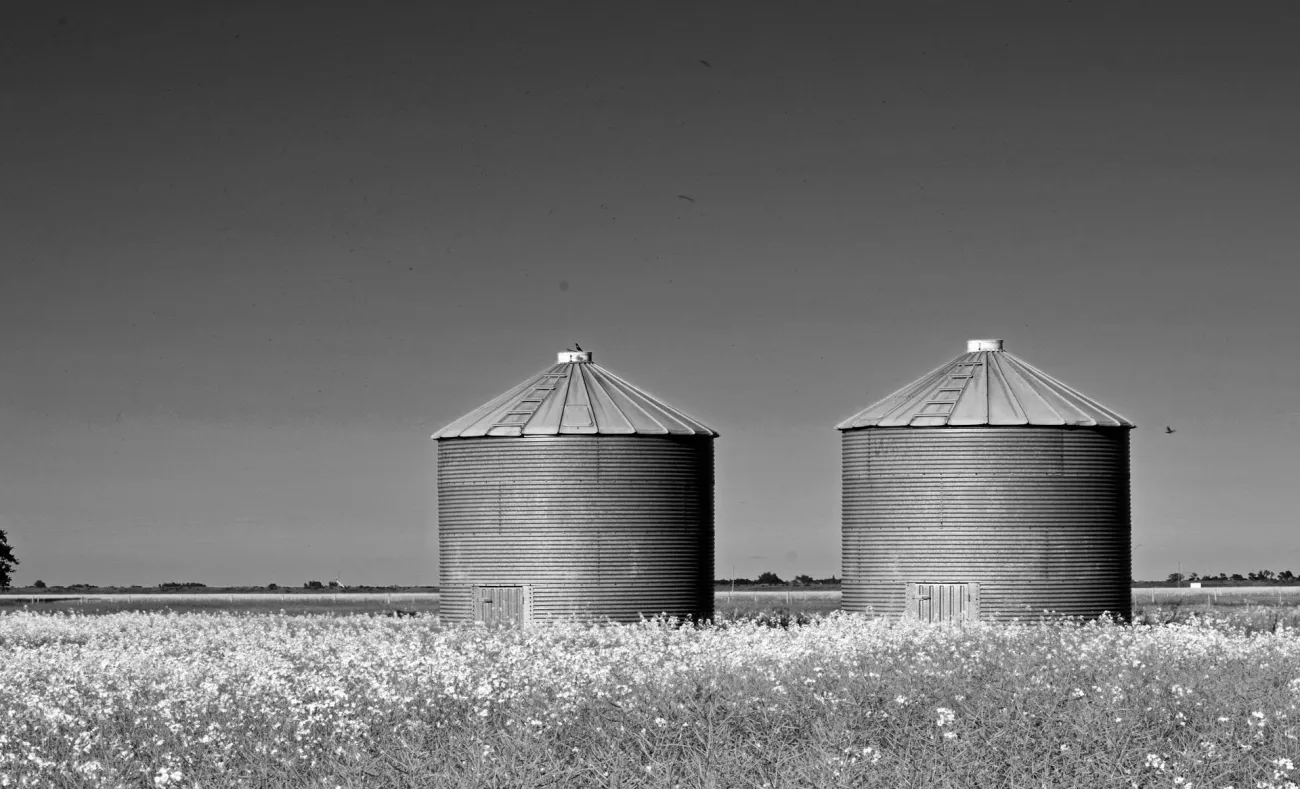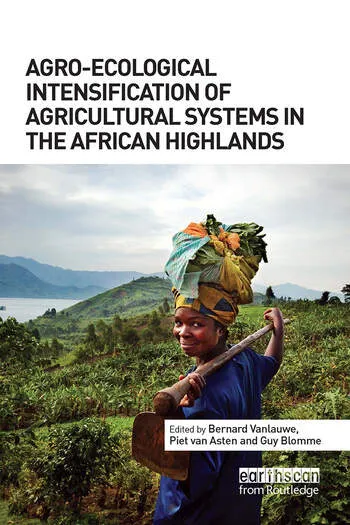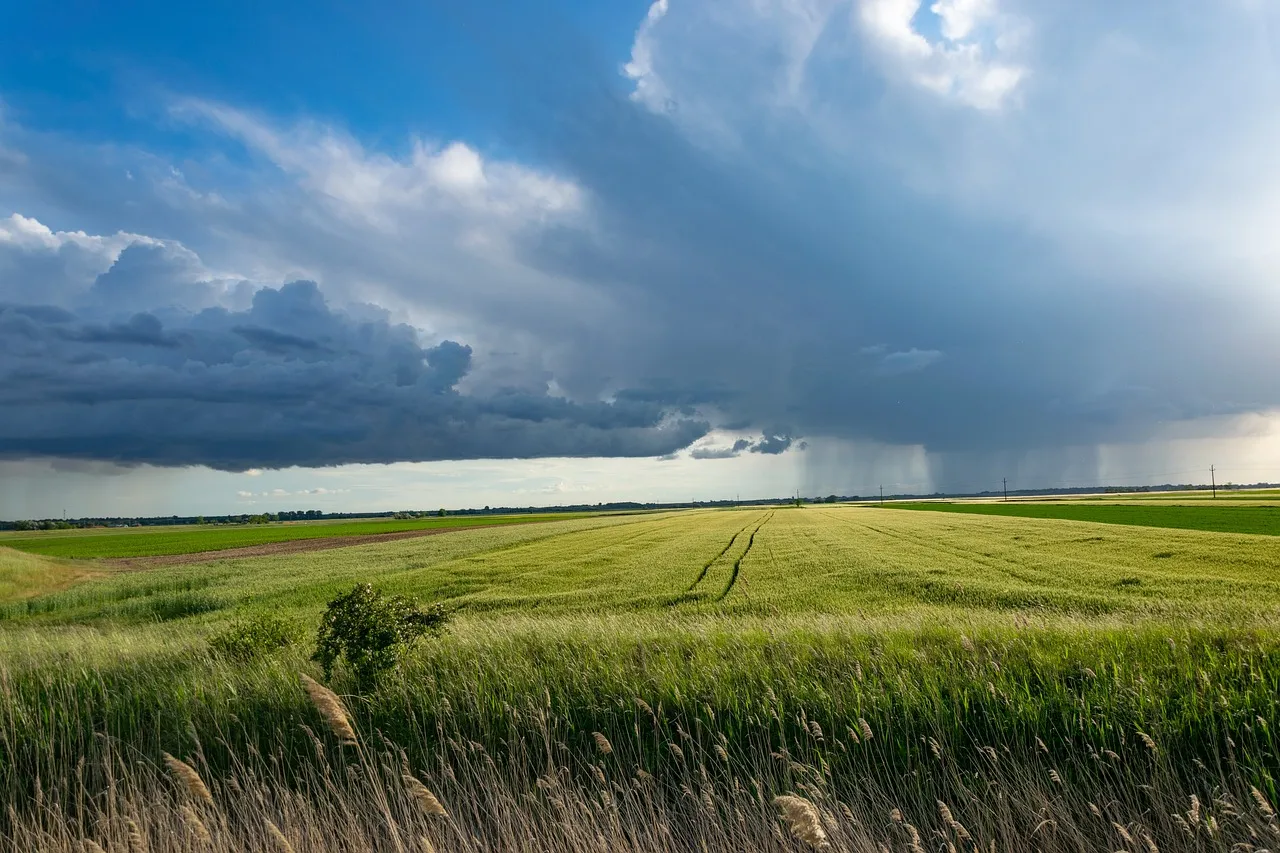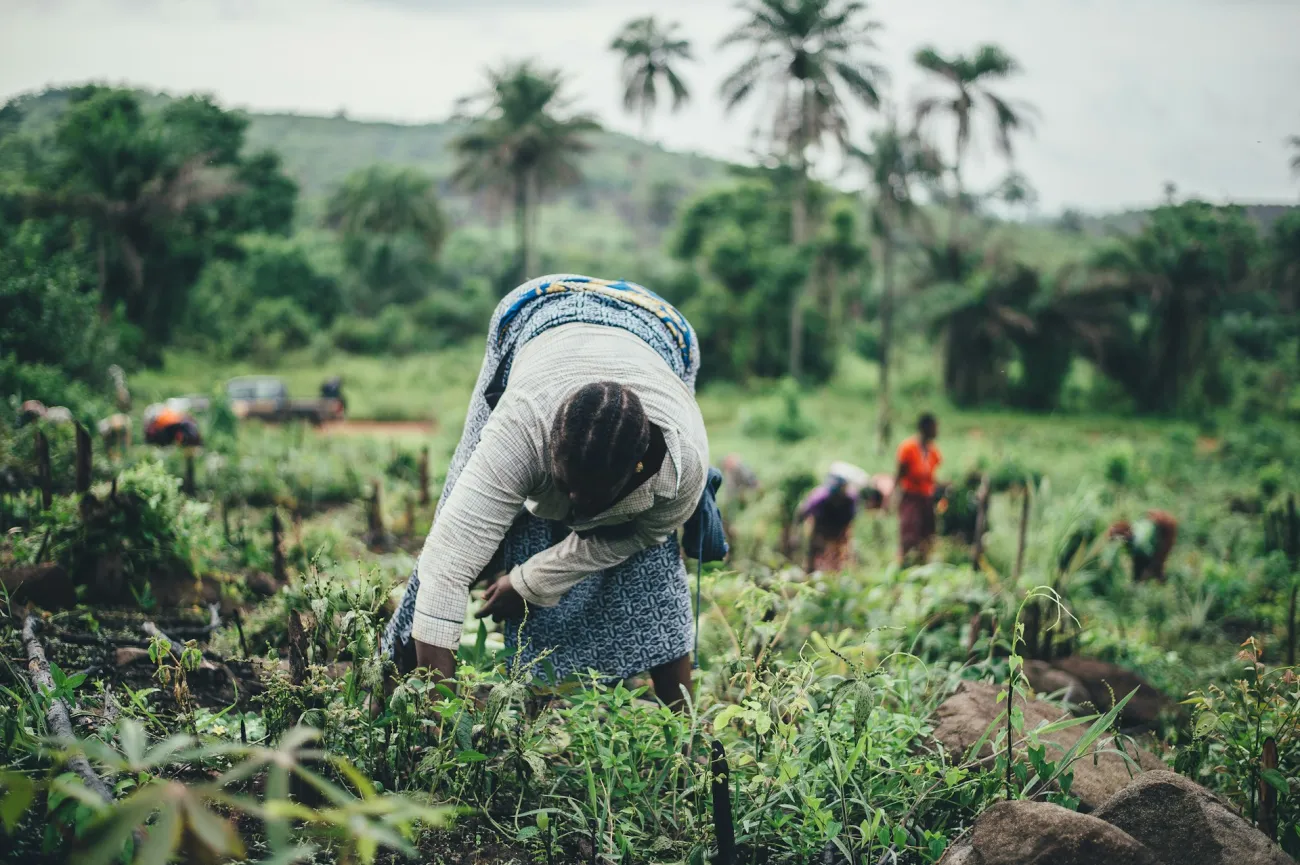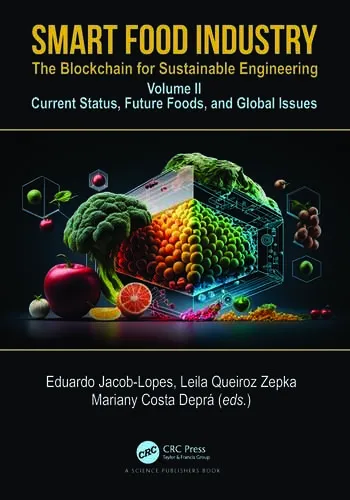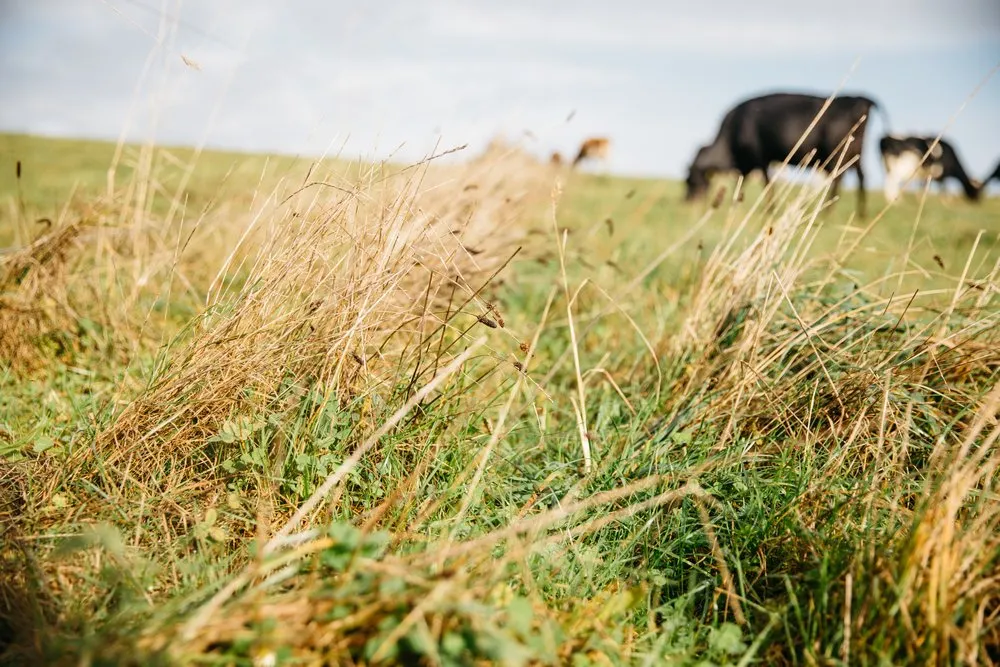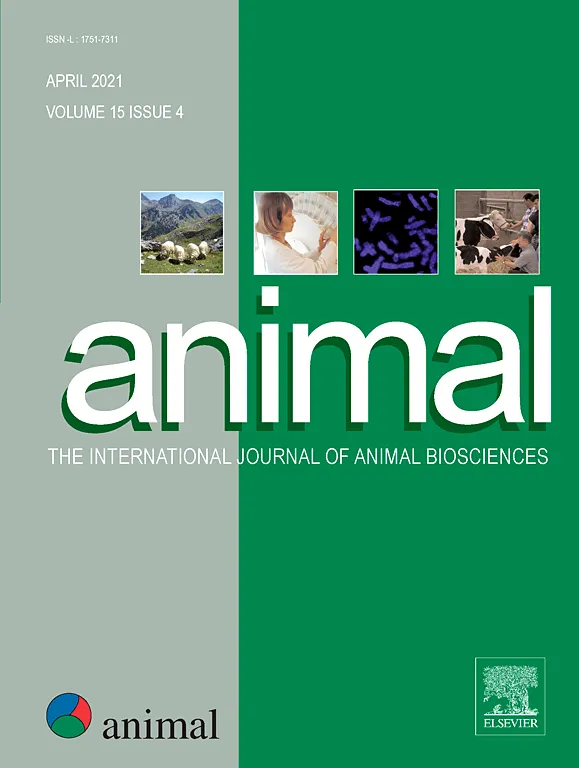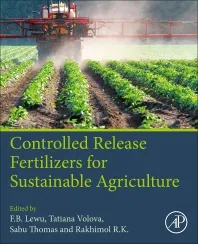Sustainable intensification is a recently developed concept that is understood in different ways by its critics and supporters. A common understanding is that it denotes the principle of increasing or maintaining the productivity of agriculture on existing farmland while at the same time, reducing its environmental impacts. Understood in this way, SI designates a goal for the development of agricultural systems but does not, a priori, favour any particular agronomic route to achieve it. It may involve the intensification of different types of agricultural inputs (e.g. of knowledge, biotechnologies, labour, machinery) and apply these to different forms of agriculture (e.g. livestock or arable; agroecological or conventional). Forms of intensification that can be called sustainable intensification must lower environmental impacts and land use, relative to yields. However, for some, to merit the term ‘sustainable’ social, economic, and ethical criteria must also be considered.
